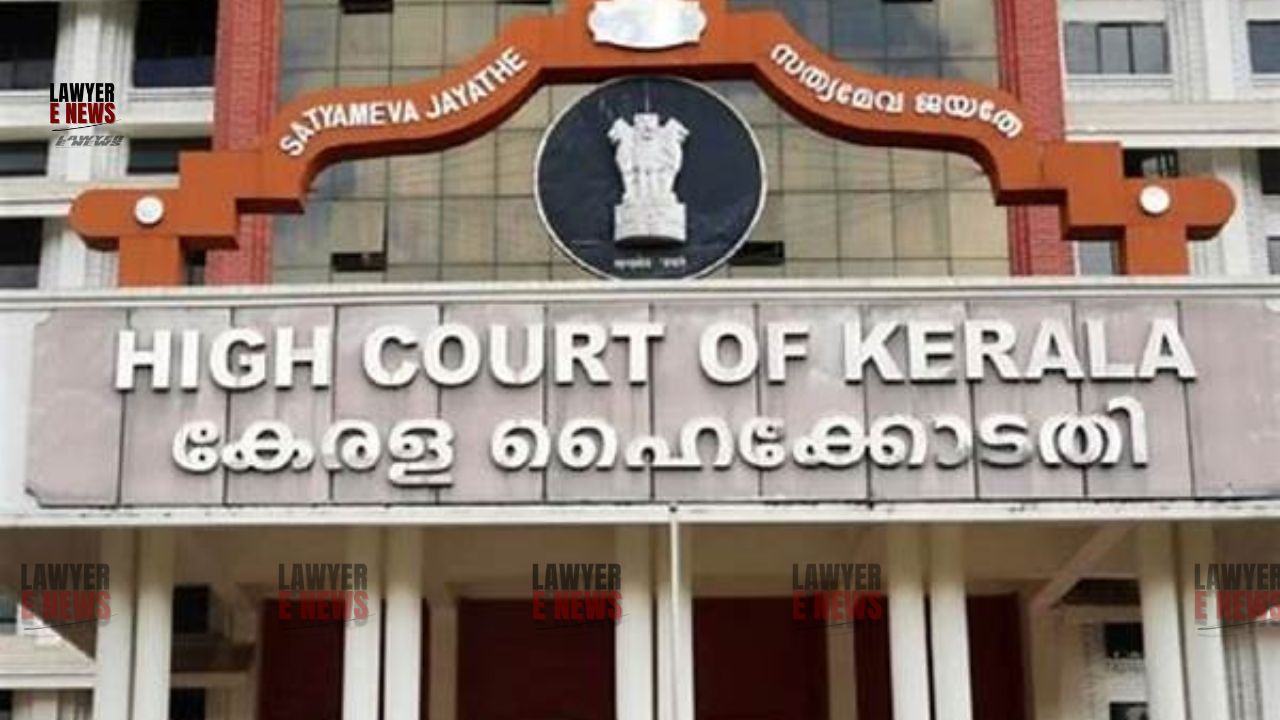-
by sayum
14 February 2026 2:22 PM



The Kerala High Court has dismissed a petition challenging the trial court's orders in a longstanding property boundary dispute. The judgment, delivered by Justice G. Girish, emphasizes adherence to proper legal procedures and the supervisory jurisdiction of the High Court under Article 227 of the Constitution. The case involves the fixation of boundaries between properties in Varkala village, with the plaintiff seeking to add additional defendants and remove the Advocate Commissioner appointed to measure the properties.
The petitioner, Abdul Asees, initiated a suit (O.S. No. 265 of 1999) for the fixation of boundaries and ancillary reliefs regarding his property (plaint A schedule property) and the defendant’s property (plaint B schedule property). After a series of legal maneuvers and a remand by the appellate court, an Advocate Commissioner was appointed to measure the properties with the assistance of a Taluk Surveyor. Asees later sought to implead the wife and mother-in-law of the defendant, claiming they had rights over the B schedule property, and subsequently sought to remove the Advocate Commissioner, alleging bias.
The court upheld the trial court’s dismissal of the application to implead additional defendants. Justice Girish noted that the petitioner failed to provide substantial evidence of the proposed defendants' rights over the disputed property. The affidavit supporting the impleadment application contained only vague statements, insufficient for establishing the necessity of their inclusion in the suit.
The court also supported the trial court’s rejection of the application to remove the Advocate Commissioner. The plaintiff's claims of bias were deemed baseless. The court reiterated that the Advocate Commissioner and the Taluk Surveyor are responsible for conducting the measurement in accordance with legal standards, independent of the parties' suggestions or demands.
Justice Girish underscored the limited scope of the High Court’s supervisory jurisdiction under Article 227. Citing precedents, the judgment clarified that the High Court cannot re-evaluate evidence or facts but can only intervene in cases of significant legal errors or grave injustice. The trial court’s decisions were found to be legally sound and free from such errors.
The court referred to Supreme Court rulings, including Garment Craft v. Prakash Chand Goel and Estralla Rubber v. Dass Estate, to elucidate the principles guiding supervisory jurisdiction. The judgment stressed that the High Court's role is not to act as an appellate body but to ensure that subordinate courts function within their legal bounds.
Justice Girish stated, "The High Court's supervisory jurisdiction is not a tool to correct every perceived error but is meant to address substantial derelictions of duty and violations of fundamental legal principles."
The dismissal of the petition by the Kerala High Court reinforces the importance of following established legal procedures in property disputes. By upholding the trial court’s orders, the judgment highlights the judiciary's commitment to procedural integrity and the proper application of legal principles. This decision is expected to influence future property litigation, ensuring that similar cases adhere to stringent evidentiary and procedural standards.
Date of Decision: July 29, 2024
